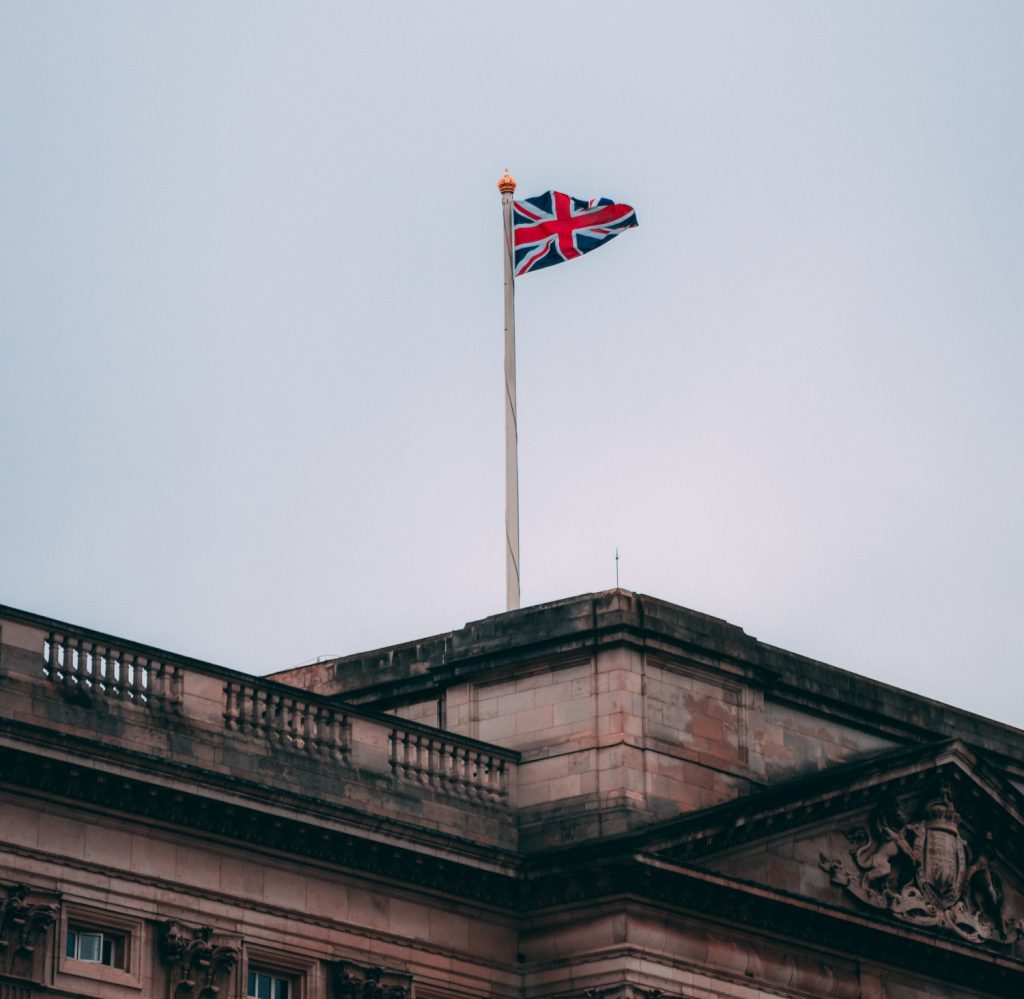
The atrocities of the British Empire throughout history include:
Colonialism: The British Empire was one of the largest and most influential empires in history. While it brought about some positive developments, such as the spread of the English language and legal systems, it was also responsible for numerous atrocities. The colonization of India, Africa, and other parts of the world often involved exploitation, forced labor, and cultural oppression.
The Slave Trade: The United Kingdom played a significant role in the transatlantic slave trade, which resulted in the suffering and enslavement of millions of African people. Slavery was an integral part of the British economy for centuries until its abolition in 1807.
The Irish Potato Famine: During the Great Famine in Ireland (1845-1852), the British government’s response was widely criticized for its inadequacy and for exacerbating the crisis. The policies and actions of the British authorities resulted in the deaths and suffering of many Irish people.
Imperialism and Conflict: The UK has been involved in numerous conflicts and wars within its own borders and abroad. Some of these conflicts, such as the Boer War and the Opium Wars, are viewed as examples of imperial aggression and exploitation.
Repressive Laws and Acts: The UK has a history of repressive laws and actions against certain groups. For example, during the suffragette movement, women fought for the right to vote, and the government responded with force, leading to violence and imprisonment. Additionally, the UK imposed martial law in Northern Ireland during the Troubles, resulting in significant civil rights abuses.
Class Divide and Inequality: Historically, the United Kingdom has had significant class divisions and inequalities. The Industrial Revolution brought about harsh working conditions for many, and the British aristocracy maintained considerable power and wealth, which exacerbated social disparities.
Historical artifacts stolen by the British Monarchy:
Some artifacts in the possession of the British monarchy or housed in British museums have been a subject of debate and controversy due to their acquisition history. Notable examples include:
Elgin Marbles: These are a collection of classical Greek marble sculptures, inscriptions, and architectural elements, originally part of the Parthenon temple in Athens. Lord Elgin removed them in the early 19th century while Greece was under Ottoman rule and are now displayed in the British Museum.
Koh-i-Noor Diamond: The Koh-i-Noor diamond, originally from India, is part of the British Crown Jewels. It has a long and complex history involving conquest and colonialism. There have been calls by India after the death of Queen Elizabeth to return the jewel.
Benin Bronzes: These intricate sculptures and plaques were looted from the Kingdom of Benin (in present-day Nigeria) by British forces during a punitive expedition in 1897. Many of these artifacts are now held in various British museums.
Has the United Kingdom and the British Monarchy Really Changed?
Prince Harry doesn’t seem to think so. During a recent interview with Oprah, Harry and Meghan Markle revealed Racism within high ranks they experienced firsthand. Britain has a dark, grim history. Yet its Monarchy still rules and colonizes millions of people around the globe.


